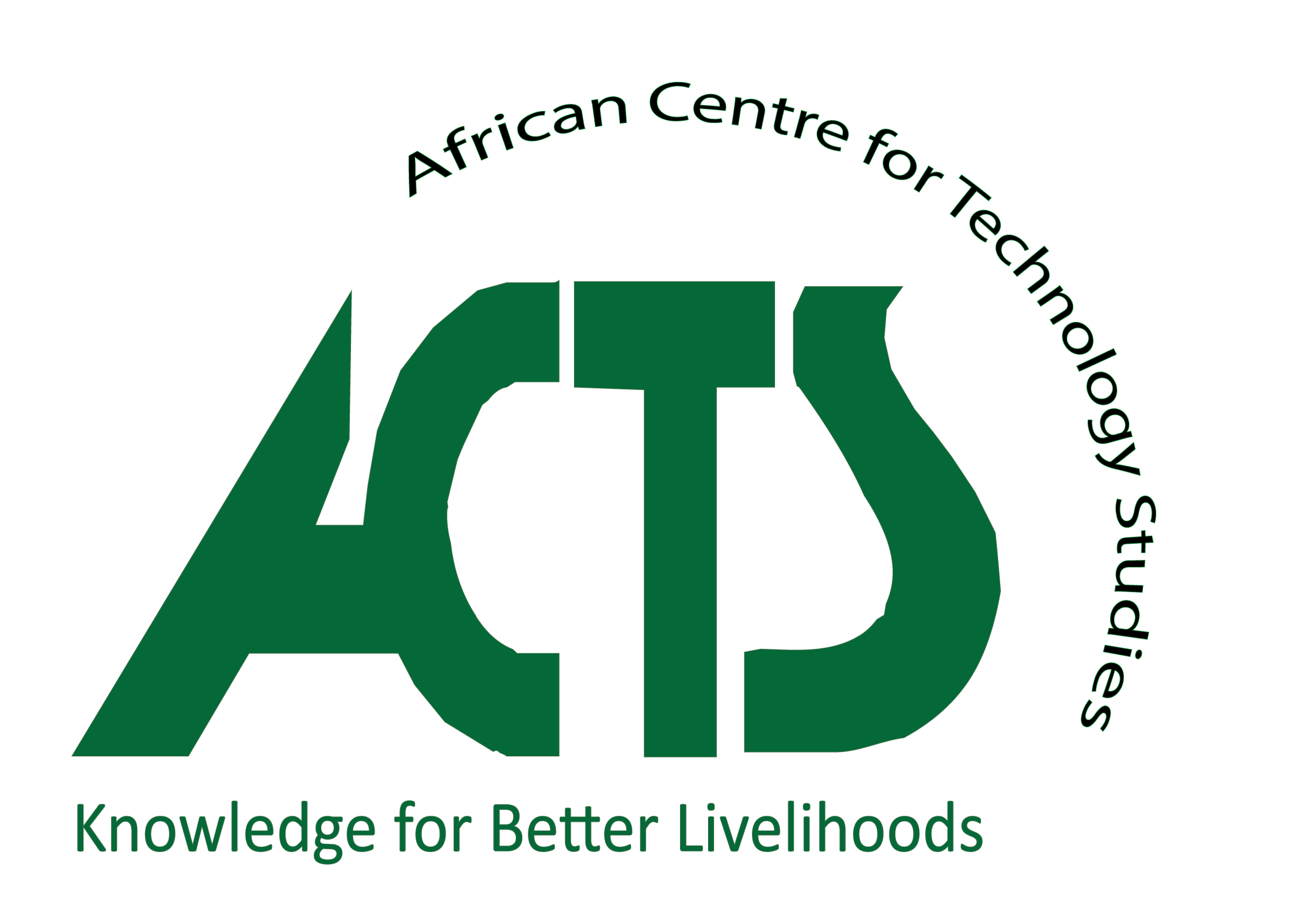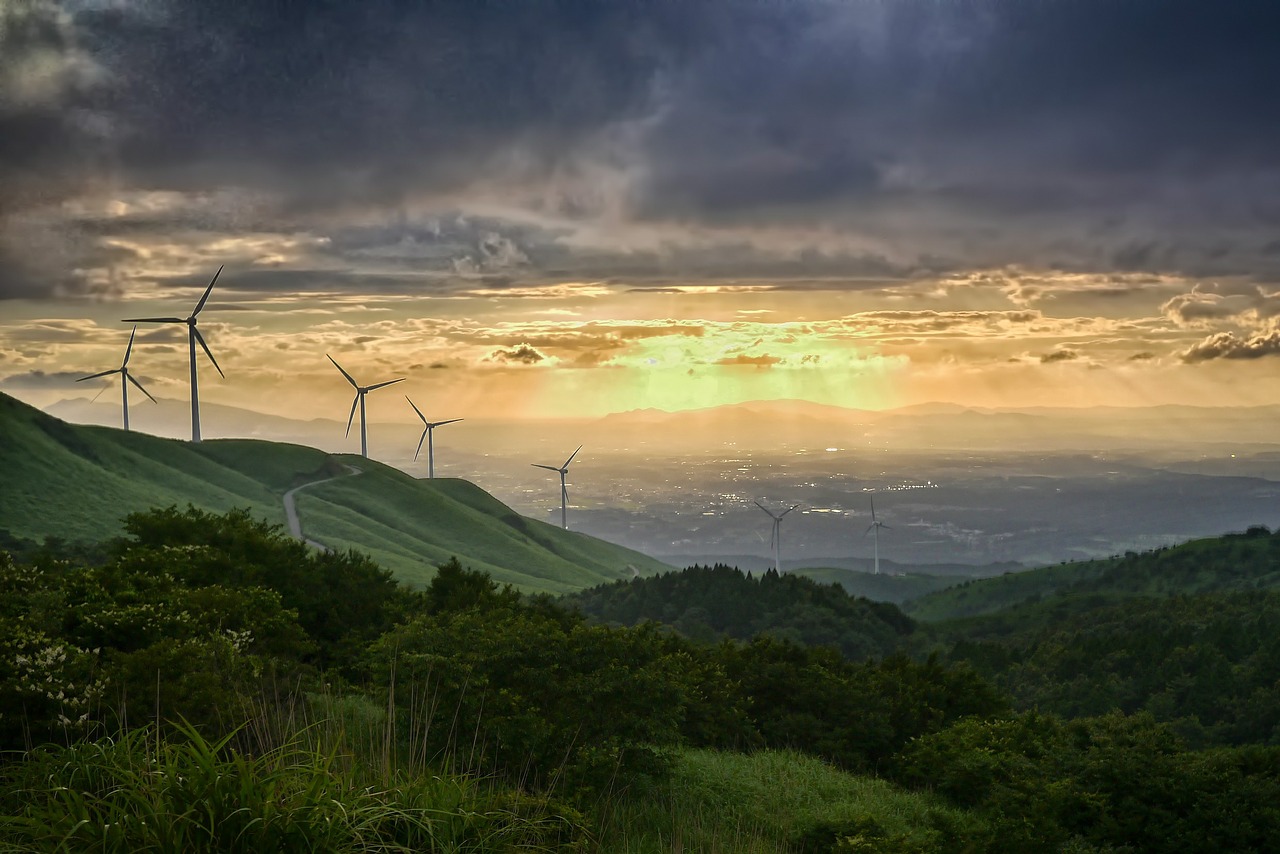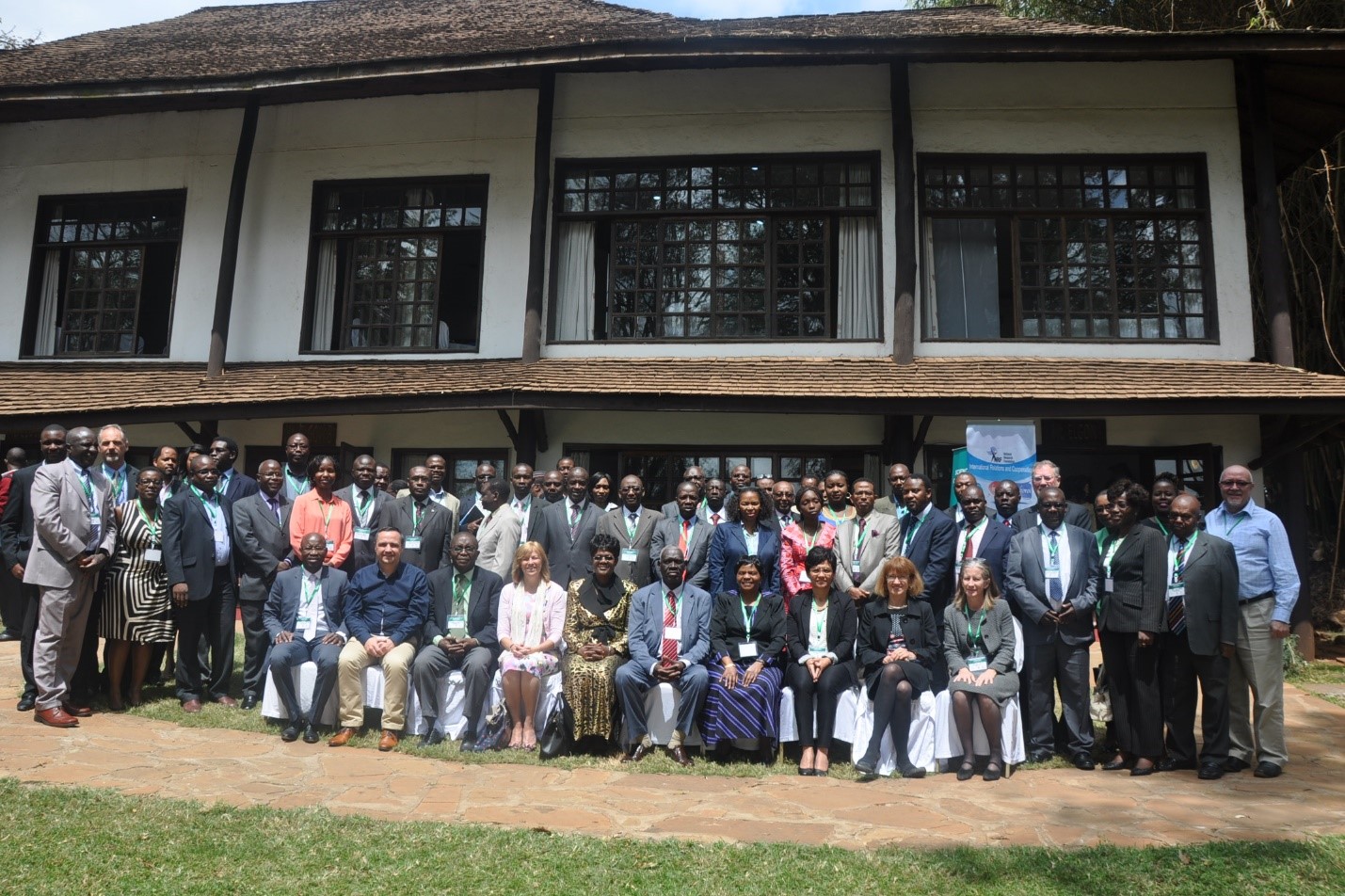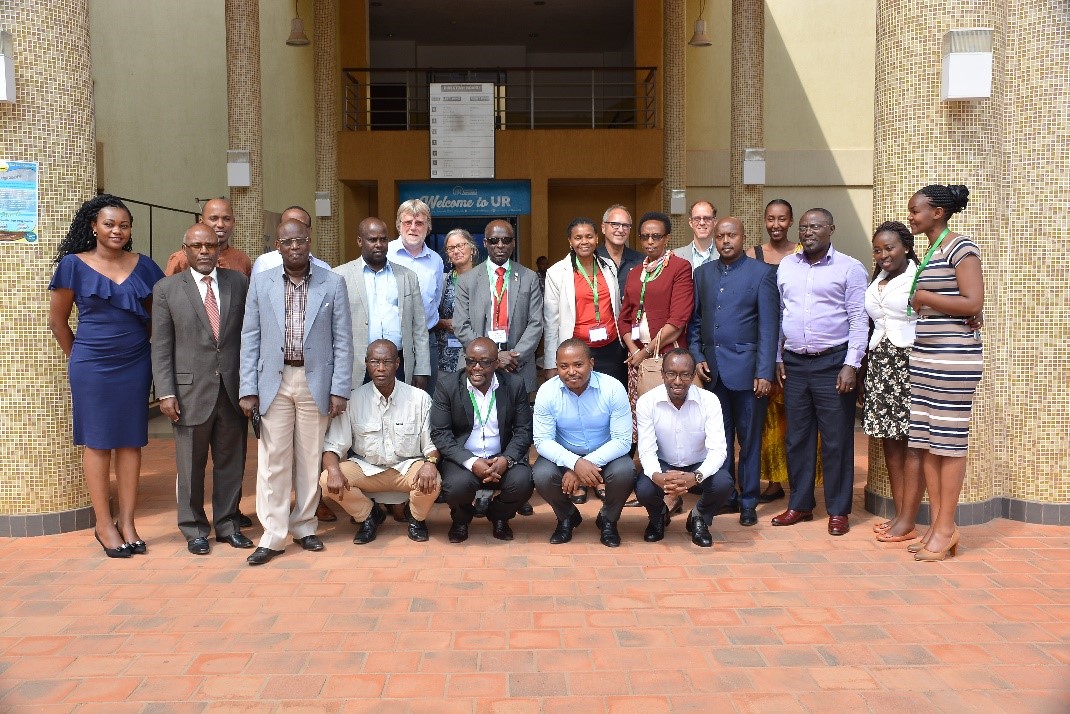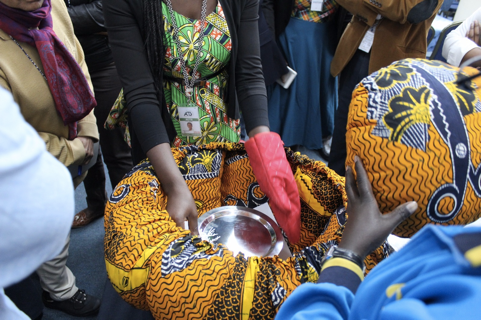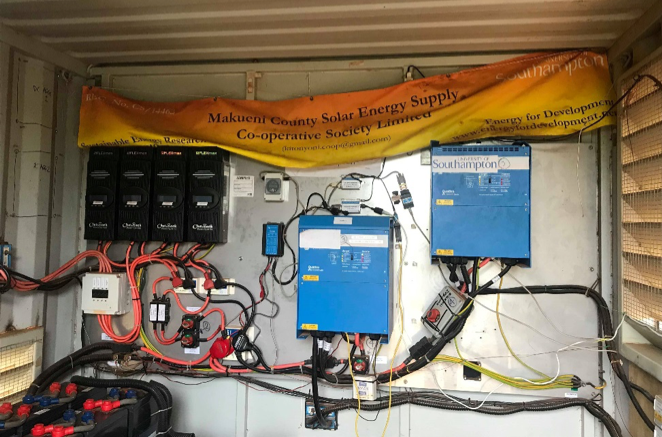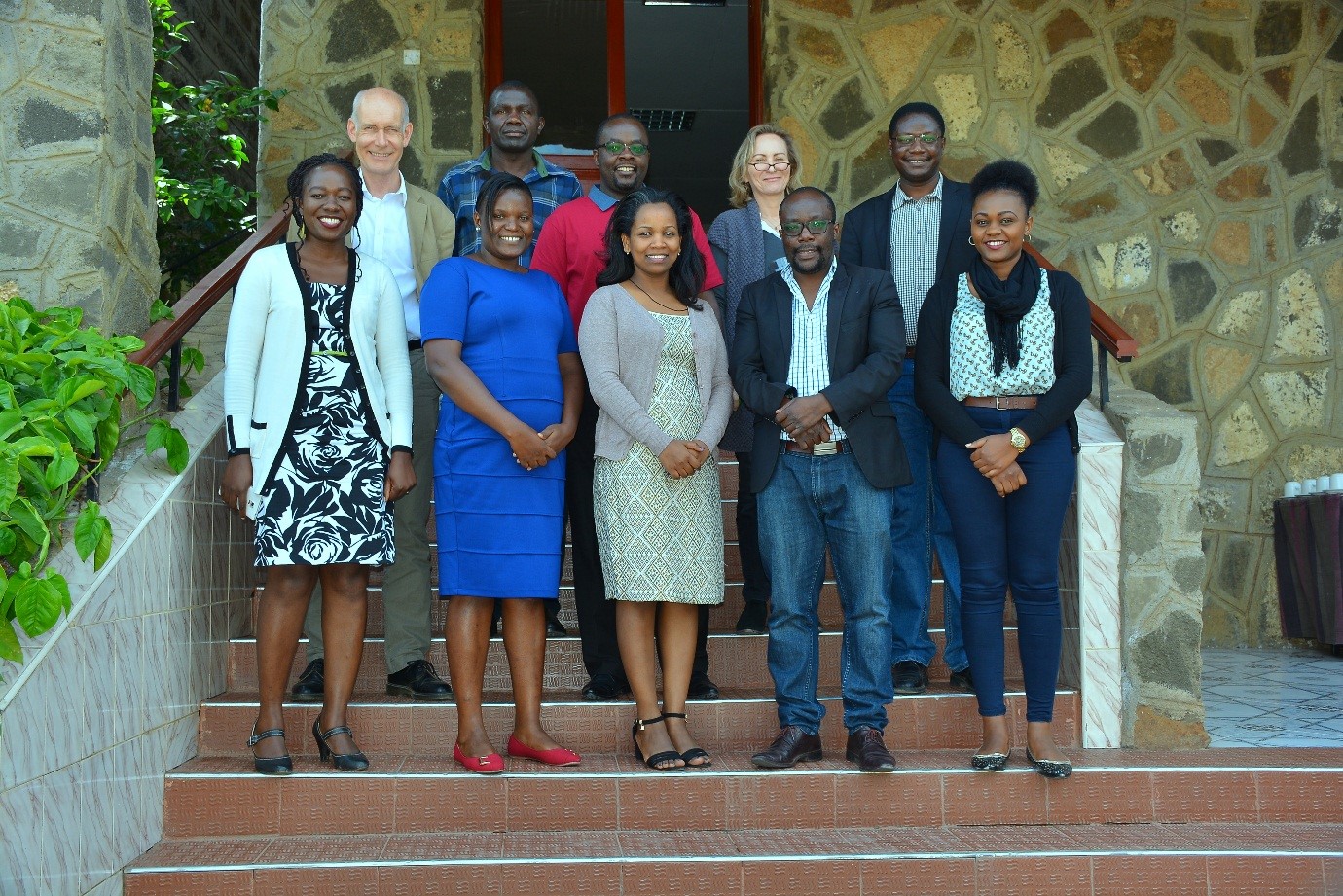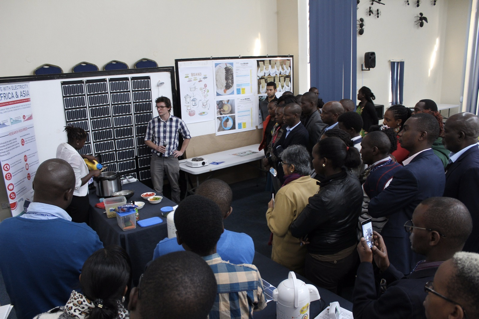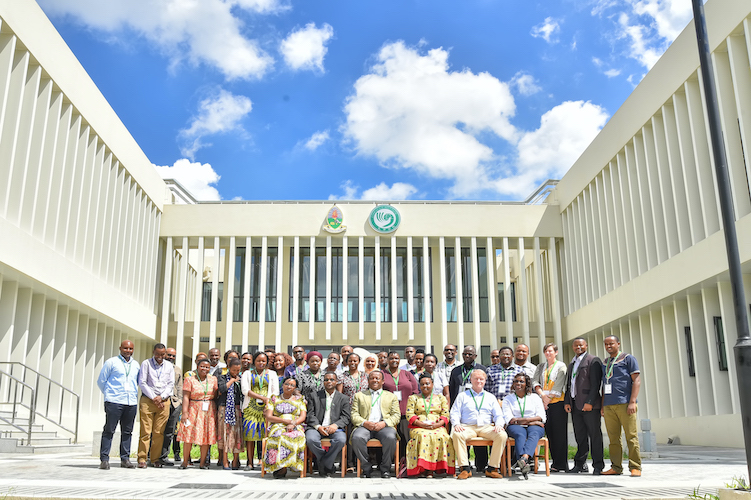The UK-Kenya AI Challenge Fund is an initiative that brings together leading institutions from the UK and Kenya to address pressing developmental challenges through responsible artificial intelligence (AI) innovation. This initiative seeks to advance AI capabilities whilst prioritising safety, ethics, and inclusive development.
- +254 710 607 210
- info@acts-net.org
- Mon - Fri 8:00 AM - 17:00 PM
Projects
The Climate Adaptation and Resilience (CLARE) research programme is an initiative co-designed and jointly funded by the United Kingdom (UK) Foreign, Commonwealth and Development Office (FCDO) and Canada’s International Development Research Centre (IDRC).
The project aims to foster sustainable development by generating evidence that supports the growth of youth and women-led clean energy enterprises (CEEs) across Sub-Saharan Africa. The project focuses on Kenya, Uganda, Malawi, and South Africa and addresses the significant role of women and youth in the clean energy sector towards just and clean energy transition in the climate change discourse.
Evidence for informing scaling and impact in youth and women led clean energy enterprises in Africa.
The informal small and medium enterprises (SMEs), irrespective of sectors that drive economic development in many African countries comprise of a significant population of women and youth or employees. This fact makes women and youth more vulnerable to external shocks like the global economic crisis and the impacts of climate change that do not spare this informal sector.
This is a partnership between the African Centre for Technology Studies (ACTS) and the Stockholm Environment Institute (SEI). This project is under the Climate Compatible Growth (CCG) Flexible Research Fund (FRF) that provides research funding to respond to new and emerging research opportunities and demands.The project seeks to advance knowledge and build understanding on the design and implementation of Kenya’s new policies.
Introduction
Renewable energy has become a crucial pillar of Kenya's power sector, contributing over 80% of the country's electricity from sources like geothermal, hydro, wind, and solar power in 2021. With an awareness of the untapped potential, the Kenyan government aims to increase renewable electricity generation by 50% between 2021 and 2030 as part of its Least Cost Power Development Plan.
African countries increasingly recognize science, technology, and innovation (STI) as a key driver and enabler for achieving sustainable and inclusive socio-economic development. In view of the importance of STI in catalysing socio-economic development, Science Granting Councils (SGCs) play a critical role in contributing towards effective and efficient functioning of national STI systems in Africa. Funding and managing of research and innovation projects is one of the key functions of SGCs.
A collaborative research project on the valorisation pathways for sidestreams in the Kenyan dairy industry - from less to more demanding pathways
The Global food system is the single largest driver of environmental change, contributing to 24% of global emissions and consuming 70% of the world’s blue water. At the same time 2 billion people are live with food insecurity.
Matching the climate entrepreneur’s needs with masters students’ expertise
Sub-Saharan African countries characterised by high poverty index, growing population, and increased pollution levels pose a significant danger of harsh realities of climate change.
"Beyond cherry-picking": aligning development actors and efforts for inclusive and effective governance of trade-offs and synergies between SDGs in East Africa
Our project has officially started on 1 December 2021 and is looking for PhD Candidates for 7 PhD projects in East-Africa co-supervised by Wageningen University (see Vacancies for PhD projects).
The African Centre for Technology Studies (ACTS) is implementing the Artificial Intelligence for Development Africa (AI4D) Scholarship Project to foster and nurture talent in responsible Artificial Intelligence (AI) and Machine Learning (ML) in African public universities.
Methodological design is integral to research and similar endeavors in pursuit of new knowledge. And whereas existing methodologies help standardize research approaches, their adoption, application and utility of associated findings vary widely depending on the type of research, discipline, personal preferences, understanding of the methodology and even geographical location.
Developing contextual STI data at the continental level is key for effective decision making. In this context, the project, “Assessment of science, technology and innovation (STI) metrics in Africa” represents an exciting opportunity to use past and ongoing research to help governments, other policy makers, and donors make decision on future investment both in STI and in the collection of data to better measure and assess STI.
Capacity building initiatives aim to enhance knowledge sharing and coordination and their results are evident globally, regionally, and nationally.
ASAP brings together leading UK, Kenya, Uganda and Ethiopia researchers in air pollution, urban planning, economic geography, public health, social sciences and development studies to provide a framework for improved air quality management in three East African cities: Addis Ababa (Ethiopia), Kampala (Uganda) and Nairobi (Kenya).
The Nairobi risk hub project is part of the larger Urban Disaster Risk Hub (Tomorrow’s Cities). it is a five-year global interdisciplinary research hub funded by UK Research and Innovation (UKRI) Global Challenges Research Fund (GCRF).
The aim of MECS project is to catalyse the transformation of clean cooking through technological, institutional and market innovations that enable long-term use of MECS to generate inclusive environmental and development benefits for the poor.
Humboldt University in Berlin, Germany and partners in East Africa implemented a project entitled “Diversifying food systems: Horticultural Innovations and Learning for Improved Nutrition and Livelihood in East Africa” (HORTINLEA).
This research project “Multiple pathways and inclusive low emission development: navigating towards leverage points in the East-African dairy sector” identifies and analyses institutional conditions for scaling low-emission development dairy interventions in an inclusive manner.
The 3R (robust, reliable resilient)- from ‘Aid to Trade’ project is a 3.5 years initiative implemented by Wageningen University & Research, in the Netherlands in collaboration with various Kenya partner institutions and funded by the Embassy of the Netherlands in Kenya (EKN).
Implementing institutions : California Polytechnic State University (Cal Poly), USA and African Centre for Technology Studies, Nairobi Kenya.
The project will focus on transformation processes in three areas of crucial relevance to sustainable development, relating in particular to pressing imperatives in countries of the Global South: energy systems, agriculture, and urban digital infrastructures.
The project looks into the role of disasters including air quality in contributing to environmental and livelihood sustainability and how best to manage air quality in a manner that reduces climate risks especially in our ever-growing cities. Indeed the theme of the 3rd United Nations Environment Assembly (UNEA 3) is specifically framed around air pollution and how best to understand the dynamics associated with such pollution.
Clean and sustainable energy for all is a major low carbon development indicator for developing countries who are seeking climate compatible development options. Access to clean energy is a key part of the UN Sustainable Development Goal (SDG) number 7 and so is the Paris Climate Change Agreement also calls for pro-poor low carbon energy for all.
Climate change finance mechanisms such as the Clean Development Mechanism (CDM) were previously designed in ways that would only benefit large developing countries like China and India that have enhanced technological capacity and capabilities, providing attractive environments for state and non-state actors seeking to leverage climate finance to support their international investments.
This project has received funding from the European Union's Horizon 2020 research and innovation programme under grant agreement No 677363. SALSA aims to provide a better understanding of the current and potential contribution of small farms and food businesses to sustainable food and nutrition security.
The Sustainable Development Goals (SDGs) set broad aims for transforming towards sustainability, but putting these aims into practice will require constructing concrete pathways of change.
EBAFOSA was created following the unanimous adoption of the Nairobi Action Agenda and the constitution of the EBAFOSA by over 1200 delegates drawn from government and policy, the private sector, academia and research, international bodies, intergovernmental bodies, NGOs, civil society, women and youth groups, and individual publics from across Africa.
The STEPS Centre - a global research and policy-engagement centre based on the University of Sussex campus - has joined forces with African Centre for Technology Studies (ACTS), African Technology Policy Studies Network (ATPS) and Stockholm Environment Institute (SEI Africa) to create a new network of researchers, which will work on sustainable development in Africa.
As the global climate change regime moves ahead towards 2020, there will be increasing investments related to climate change mitigation and adaptation in poor countries. Ensuring that the most adequate technologies are selected and that they are diffused and used in such a way that the outcome is better living conditions for the population is a major challenge.
AfricaLics was launched in Dar es Salaam, Tanzania, in March, 2012. The network’s objective is to promote the development of Science Technology and Innovation (STI), promote research capacity in Africa with strong links to users - including policy makers, private sector and communities.
Contact us

